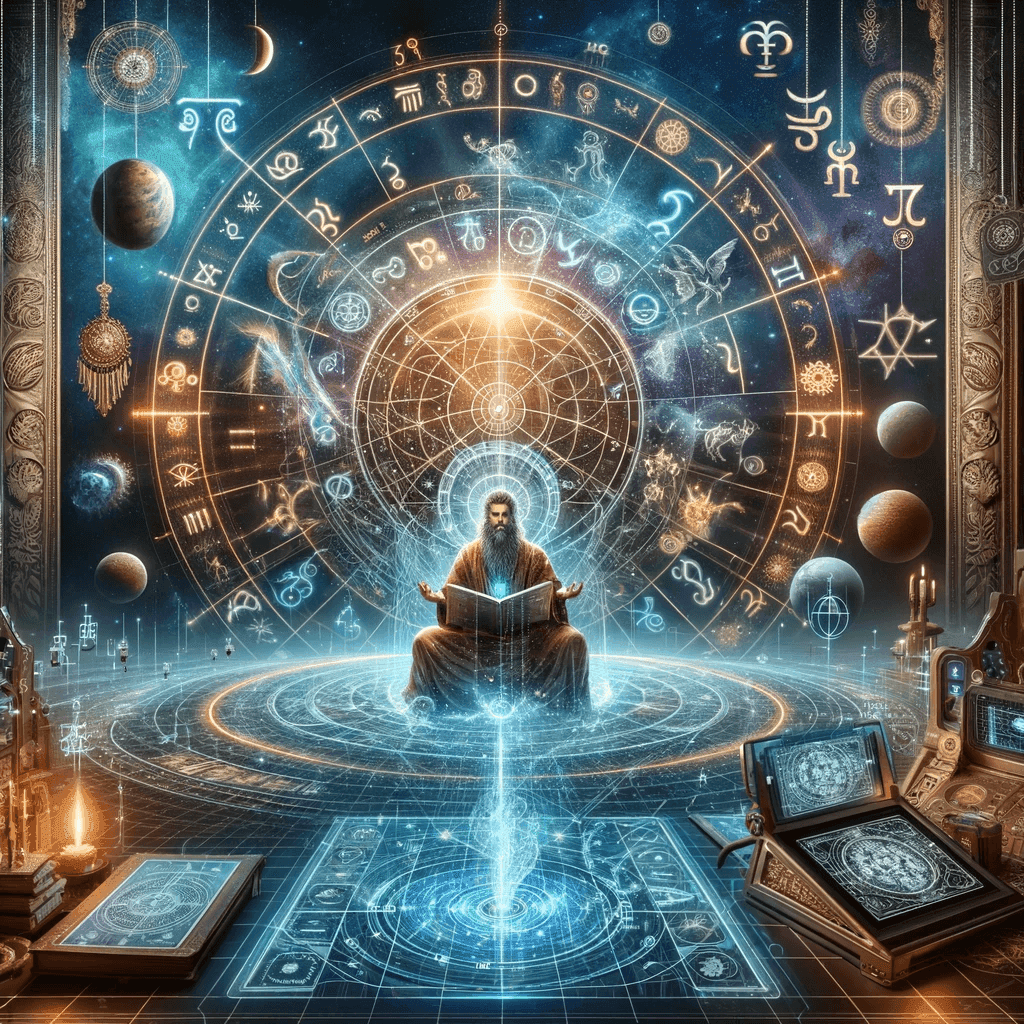Astrology in Sanatan Dharma
A common myth about Sanatan Dharma (Hinduism) is that it promotes superstitions like astrology. However, while astrology is practiced by some followers, it is not a universally endorsed or fundamental belief in Sanatan Dharma.
Myths/Truths and Other Details

Why There is a Myth?
The myth likely stems from the visibility and popularity of astrological practices in Hindu culture, especially in India. Astrology, or 'Jyotish Shastra,' is often associated with Hindu rituals and traditions, leading to the misconception that it is a central tenet of Sanatan Dharma.
What's the Truth?
Astrology, as practiced in the context of Sanatan Dharma, is more of a cultural practice than a religious doctrine. It is not a compulsory aspect of the faith, and its acceptance varies among practitioners. Sanatan Dharma itself is based on a rich set of philosophical teachings and ethical principles that focus on spiritual growth and moral living.
Astrology in Cultural Practices
- Cultural Significance: Astrology holds cultural significance in many Hindu communities, often used for determining auspicious dates and making important life decisions.
- Diverse Views: Within Sanatan Dharma, there are diverse views on astrology. Some see it as a science of understanding cosmic influences, while others regard it more as a cultural tradition than a spiritual practice.
Ethical and Philosophical Teachings of Sanatan Dharma
- Moral Principles: Sanatan Dharma emphasizes ethical principles like truthfulness, non-violence, duty (dharma), and the law of karma (action and consequence), which guide moral and spiritual conduct.
- Spiritual Focus: The core of Sanatan Dharma lies in spiritual growth, self-realization, and understanding the nature of reality, rather than adherence to astrological predictions.
...




